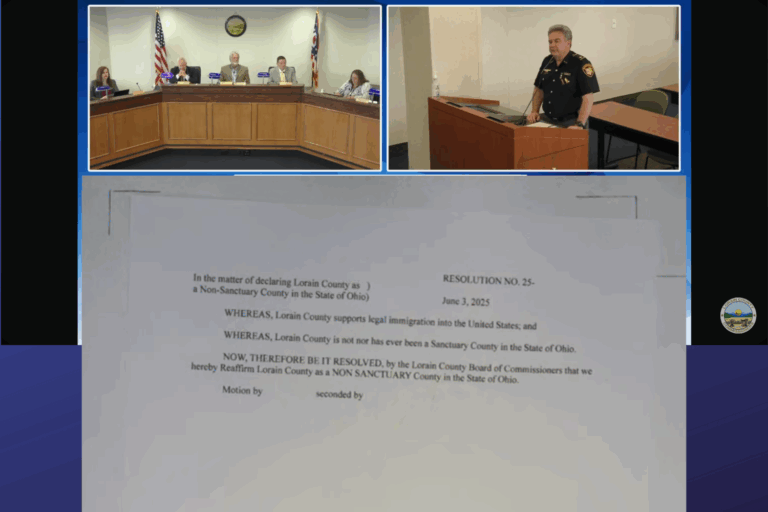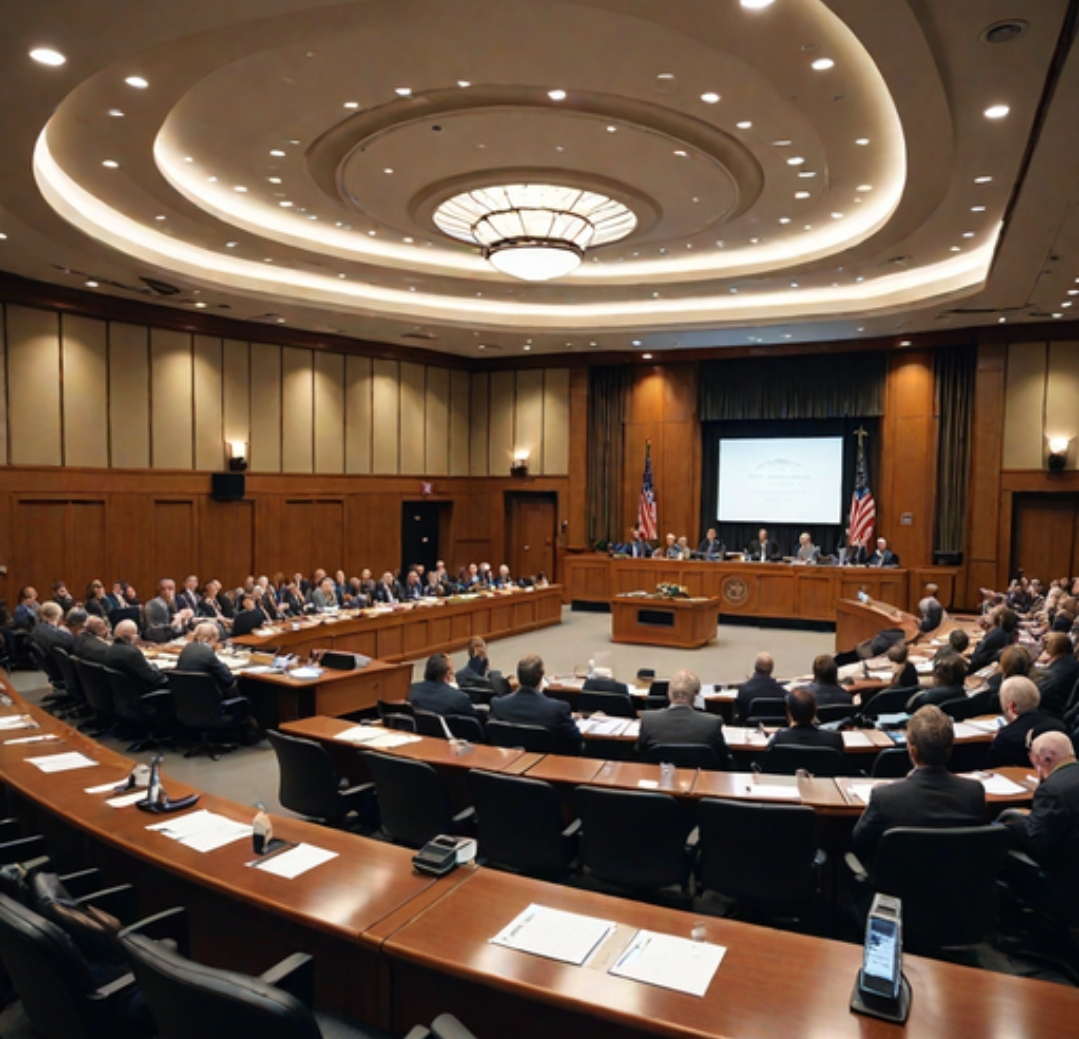
City council meetings are the heartbeat of local governance, where decisions that directly impact your community are made. Whether you’re a concerned citizen, a business owner, or simply curious about how your city operates, attending these meetings can be an enlightening and empowering experience.
Who Should Attend?

While attendance isn’t mandatory for residents, anyone interested in understanding local policies, voicing concerns, or staying informed should consider attending. City council meetings are open to the public, welcoming individuals from all walks of life who wish to participate in civic dialogue. City council members, the Mayor, the city Clerk, the city Attorney and the city Department Heads are all expected to attend meetings regularly.
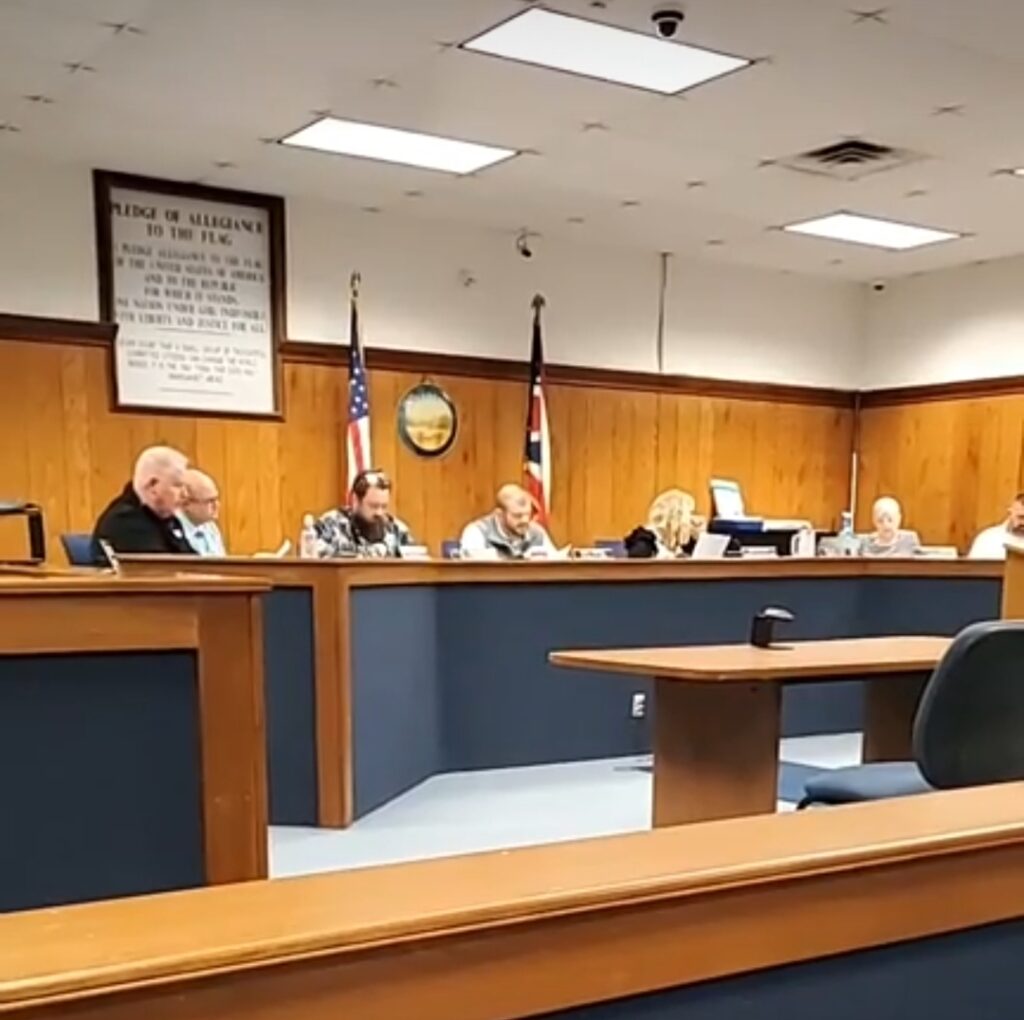
What is a City Council Meeting?
A city council meeting is where elected officials gather to discuss and decide on issues affecting the community. These issues can range from zoning changes and budget allocations to public safety measures and environmental policies. Meetings are structured to allow residents and stakeholders to observe proceedings and sometimes provide input.
Finding Meetings
To find out when and where city council meetings are held, check your city’s official website or contact the city clerk’s office. Meetings are typically scheduled regularly and are open to the public unless specified otherwise.
Why Attend?
Attending city council meetings is crucial for several reasons:
- Transparency and Accountability: Witness firsthand how decisions are made and understand the reasoning behind them.
- Community Input: Residents can voice concerns, propose ideas, and influence decisions that affect their daily lives.
- Education: Learn about local issues, processes, and the roles of elected officials.
- Building Relationships: Connect with fellow residents and officials who share your concerns or interests.
What to Expect
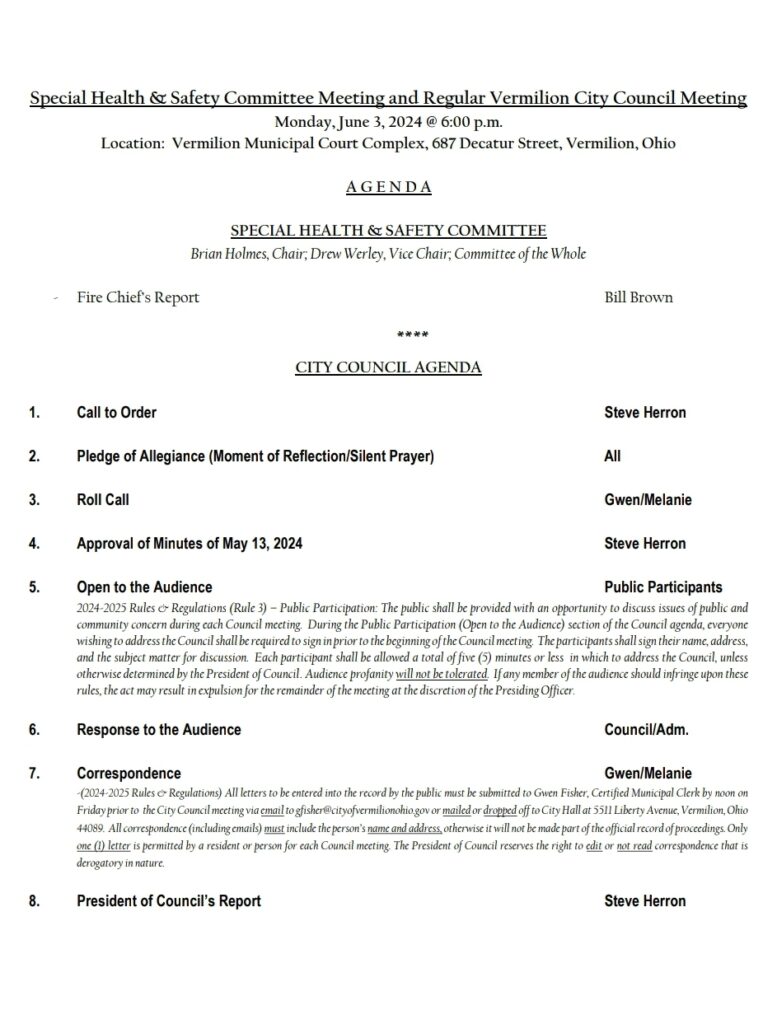
City council meetings often follow a formal agenda:
- Opening: The meeting begins with formalities such as the Pledge of Allegiance and roll call.
- Public Comment: Residents may have an opportunity to speak on agenda items or raise other issues of concern.
- Agenda Items: Council members discuss and vote on various topics listed on the agenda.
- Closing: The meeting concludes with announcements and scheduling of future meetings.
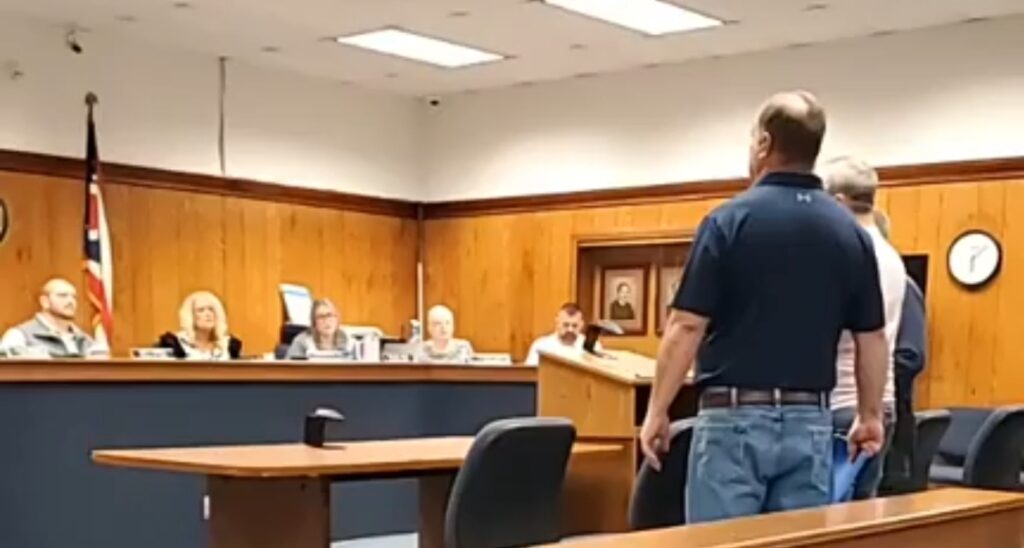
Tips for Attendees
- Prepare: Review the agenda beforehand and familiarize yourself with the issues.
- Respectful Engagement: Whether speaking or observing, maintain decorum and respect for all participants.
- Follow-Up: Stay informed after the meeting by checking minutes or summaries posted online.
In conclusion, attending city council meetings is a direct way to engage with local government and contribute to the shaping of your community. Whether you seek to advocate for change or simply stay informed, your presence can make a meaningful impact on local governance. By participating in these meetings, you play a vital role in ensuring that your voice is heard and that your city evolves in a way that reflects the interests and concerns of its residents.
Editor’s Note: Vermilion City Council Meetings are held the first and third Mondays of each month at 6pm at 687 Decatur Street at the Municipal Court Complex. You can find upcoming meetings schedule, video recording of the meetings, as well as agendas and minutes at: https://www.discoververmilion.org/government/meeting-minutes–videos/





